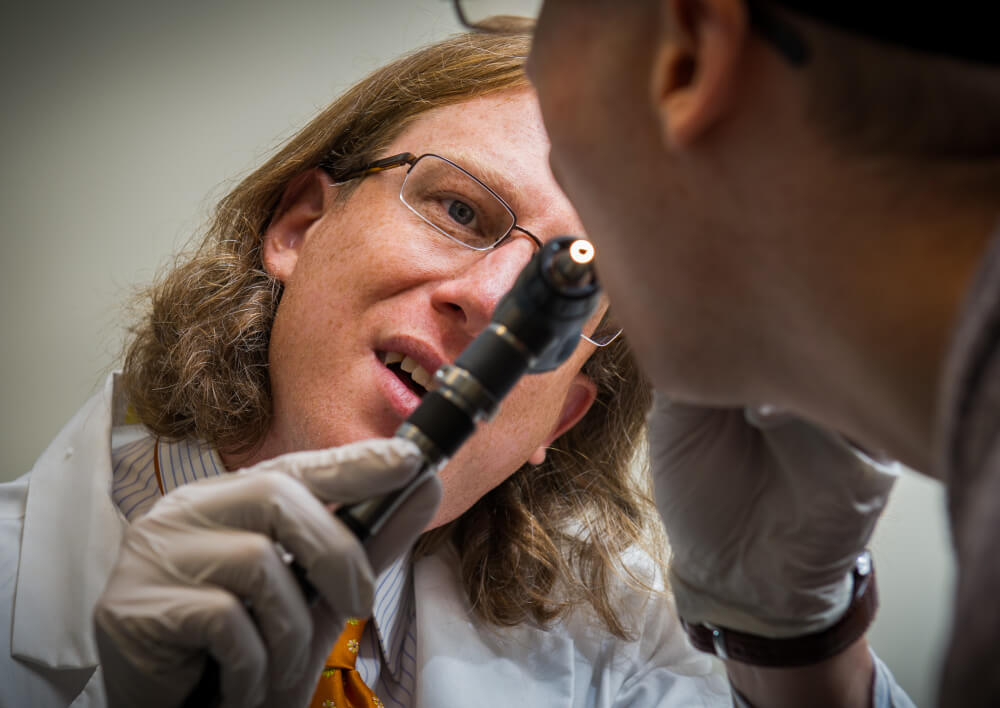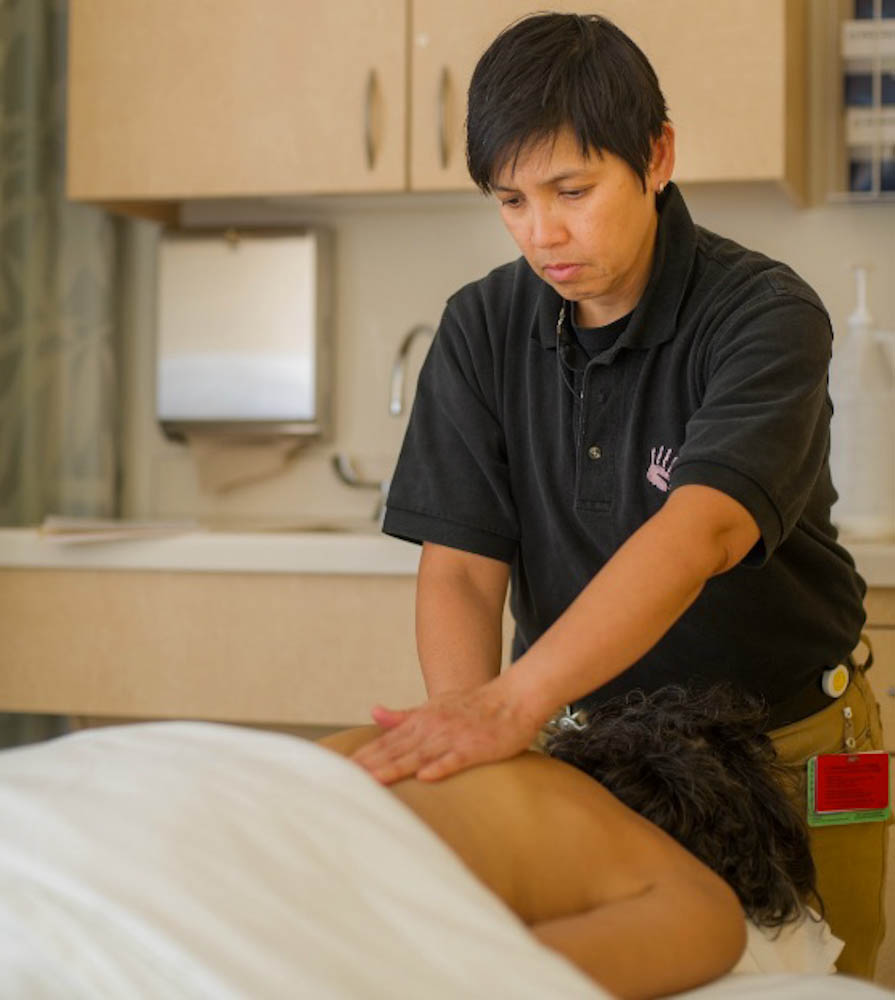Many factors are involved in cancer, so it’s not always easy to tell why cancer develops, or what causes it—but we know for sure that the following six factors do not play a role in the development of cancer.
Other People
Cancer is not a contagious disease, and it does not pass from one person to another except for in extremely rare circumstances. Certain genes passed by parents, such as BRCA1 and BRCA2, can heighten a person’s risk of developing cancer—keep in mind, however, that this is different from a person inheriting cancer itself.
Certain sexually transmitted diseases can lead to cancer; but again, this is different from cancer being passed from person to person. HPV, for example, causes cervical, vaginal, vulvar, anal, penile, and oropharyngeal cancers. Practicing safe sex is important for avoiding or addressing these diseases if they arise.
Fluoride

Fluoride is found in the drinking water that is supplied to about 75 percent of Americans, since decades ago the U.S. Public Health Service recommended that public water supplies contain fluoride to help reduce and prevent tooth decay. Years of research confirm that there is no reason to believe that fluoride, used in an approved manner, in any way causes disease.
Deodorant
A common myth is that by blocking sweat glands in the armpits (particularly in those who shave their underarms), antiperspirants allow toxic compounds to accumulate in the underarm lymph nodes near the breasts, prompting cancer to develop. However, research has found no conclusive evidence to connect deodorant or antiperspirant use and breast cancer.
Tumor Biopsy
One myth suggests that a tumor biopsy, or another surgical procedure, will allow cancer cells to escape and spread within the body. But medical evidence supports the fact that this is unlikely, as most cancer cells that get displaced into the surrounding environment will likely be cleared by immune cells. Research also shows that patients who have biopsy procedures to confirm their respective diagnoses and determine the cancer’s stage had a better outcome and longer survival than patients who did not have a biopsy.
Your Personality
It was once believed that people with certain personality traits were particularly susceptible to cancer, such as neurotic people and introverts. Research has debunked this myth. However, certain traits are associated with behaviors that can raise or lower cancer risk. Highly health-conscious people are unlikely to engage in activities—like smoking, overeating, or basking in the sun too long—associated with cancer. People who pay less attention to diet and exercise may put themselves at higher risk for the disease.
Massages and Lymphoma

One myth suggests that full body massages can spread lymphoma because the therapy stimulates your lymphatic system—tissues and organs (including the thymus, spleen, bone marrow, lymphatics and lymph nodes) that produce white blood cells to fight infections and various diseases. The speculation is that mechanisms of massage can increase blood circulation and lymphatic flow. But “there is absolutely no evidence that lymphoma can be spread by massage,” says Ann LaCasce, MD, MMSc, a physician in the Adult Lymphoma Program at Dana-Farber and director of the Dana-Farber/Partners CancerCare Fellowship Program in Hematology/Medical Oncology.
So, What Does Cause Cancer?
It’s usually difficult to tell why cancer develops—but researchers have established some of the main factors that can impact your overall cancer risk, including smoking, obesity, and sun exposure. Here are nine risk factors to know about.
